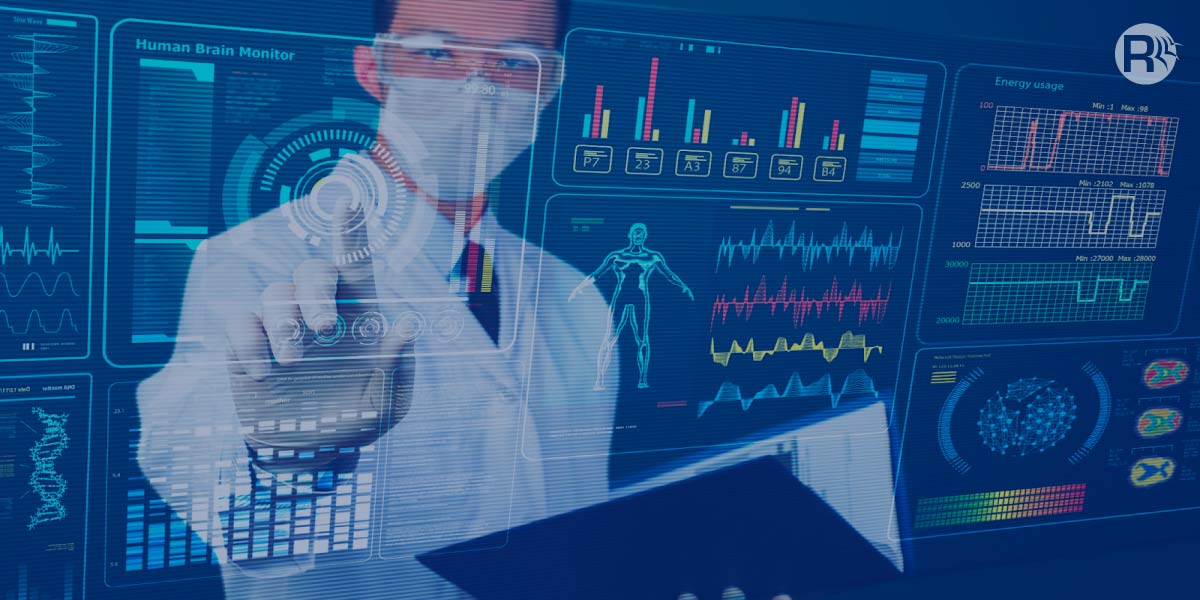
The Potential of Data Science and Machine Learning in Rural Healthcare
1. Data Collection and Health Trend Analysis
One of the core challenges in rural healthcare is the lack of comprehensive health data. Data science enables the gathering of extensive health-related data through various means, including mobile health applications, telemedicine platforms, and community health worker reports. Once collected, this data can be analyzed to detect health trends, such as disease outbreaks, seasonal illnesses, or common health conditions prevalent in specific rural areas. By recognizing these patterns, healthcare providers can proactively prepare for and respond to health issues before they escalate.
2. Predictive Analytics for Disease Prevention
Machine learning can transform raw health data into predictive insights, allowing healthcare providers to anticipate disease patterns and prioritize preventive care. For example, through ML algorithms, health organizations can predict the likelihood of a disease outbreak based on historical data and environmental factors. This predictive capability helps communities prepare for and mitigate risks, potentially lowering the spread of infectious diseases and reducing healthcare costs. By focusing on prevention rather than treatment, rural healthcare can become more sustainable and effective.
3. Enhanced Diagnostics and Treatment Recommendations
In rural settings, where specialist doctors and diagnostic tools are often unavailable, machine learning can play a critical role in diagnosing and recommending treatments. With ML algorithms trained on vast datasets of medical records and images, healthcare providers can receive diagnostic support that improves accuracy and speed. For instance, image recognition algorithms can assist in identifying conditions like tuberculosis or skin diseases using smartphone images. Similarly, AI-driven diagnostic systems can provide health workers with reliable treatment suggestions, bridging the gap in medical expertise.
4. Personalized Healthcare and Remote Monitoring
Data science can facilitate personalized healthcare by analyzing individual patient data to recommend customized treatment plans. Wearable devices and mobile health applications can monitor vital signs and send alerts to healthcare providers if a patient’s condition deteriorates. This real-time monitoring is invaluable in rural areas where frequent visits to healthcare facilities may not be feasible. By leveraging data to tailor healthcare interventions, rural patients receive care that is more attuned to their specific needs and conditions.
5. Operational Efficiency in Resource Allocation
For healthcare systems with limited resources, data-driven decision-making is essential. Data science can help optimize resource allocation by analyzing where medical supplies, medications, and healthcare staff are most needed. Machine learning algorithms can predict resource demands based on historical data, allowing for better planning and reducing shortages. This efficient distribution of resources ensures that rural healthcare facilities can operate effectively, providing timely care to patients even in resource-constrained settings.
6. Educational Tools and Community Engagement
Machine learning can also assist in health education and awareness initiatives. With AI-driven tools, healthcare providers can create customized health education content that resonates with rural communities, promoting preventive measures and healthy habits. Data analytics can identify areas with low awareness of specific health issues, allowing health workers to target educational campaigns more effectively. By engaging communities and empowering individuals with health knowledge, data science fosters a culture of proactive health management.
Challenges and the Way Forward
While the potential for data science and machine learning in rural healthcare is enormous, challenges such as data privacy, infrastructure limitations, and the digital divide must be addressed. Collaborations between government bodies, tech companies, and healthcare organizations are essential to ensure that these technologies are implemented in an ethical and inclusive manner. With proper policies, training, and investments in digital infrastructure, data science and machine learning could become transformative tools in bridging the healthcare gap in rural regions.
The integration of data science and machine learning in rural healthcare is a promising pathway to a healthier future. By empowering healthcare providers with actionable insights, enabling early disease detection, and optimizing resource allocation, these technologies have the potential to enhance the quality of life for millions. In the years to come, with the right support and implementation, rural healthcare can be revolutionized, ensuring that no matter where one lives, quality healthcare is within reach.